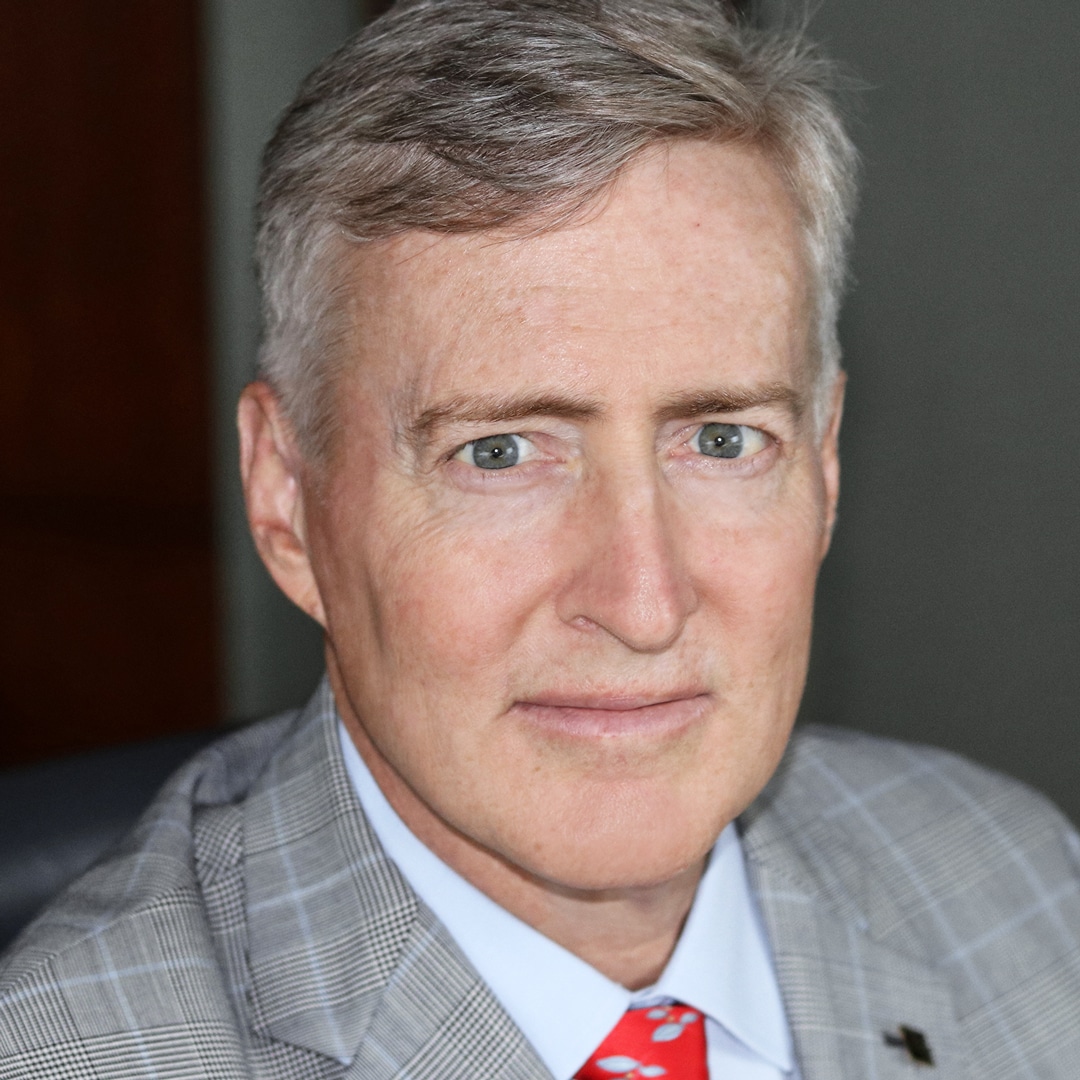As senior vice president and general counsel at Equinox, Yen Chu channels her extensive governance expertise into strategic insights for the high-end fitness company’s C-suite and board of directors, which helps them make smart decisions surrounding transactions, litigation, intellectual property, and privacy, among other concerns. These days, though, there’s another key issue that is consistently on her mind: ethics.
Chu estimates that ethics matters started to become a bigger concern about seven years ago, as company stakeholders, including those at Equinox, started examining corporate social responsibility more closely. Luckily, the rise of public interest in corporate ethics fits with Chu’s personal interest in ethics as a Vietnamese immigrant. She’s passionate about examining matters from multiple viewpoints and lifting up underrepresented members of the business community. Modern Counsel caught up with Chu to talk about how she developed her interest in governance, compliance, and social responsibility and how it impacts her mentorship and volunteer work.
You have a pretty unique background. What are some of the significant experiences in your life that inform your work today?
I spent my formative career years as a securities lawyer at a large law firm here in New York. As my career progressed, I found myself drawn to the disclosure piece and then to the governance components of securities law. I went from the law firm to a large public company, where I worked closely with the board and senior management on key governance and compliance issues. That experience has really informed a lot of my work.
On a personal level, my family and I immigrated to the United States after the Vietnam War, and seeking to understand international relations and governance has always been an interest of mine.
What drives your interest in both corporate governance and corporate social responsibility?
Corporate governance, to me, is about balancing the interests of a company’s many stakeholders. The objectives of those individuals could be transparency, full disclosure, increasing shareholder value, or accountability. In the past few years, these stakeholders have expanded their interest into how a product is made or how a service is provided. They care about a company’s global footprint, and for me, that’s been fantastic. I love being reminded that we are all one component of a very big picture.
How does your approach to corporate social responsibility help benefit business objectives?
Taking account of social, environmental, philanthropic, or economic impact improves the company’s trustworthiness. And, as a result, that improves your reputation with your stakeholders. If there’s a business case for corporate social responsibility, that’s it. It builds that trust, and it makes sure that your stakeholders know what your values are.
Given that you’re a board member and mentor at Columbia Law School, what role has mentorship played in your own career journey?
Well, I came to Columbia Law as a first-generation law student. My parents were not well-versed in the legal professional community, and there was so much I did not know: How does our legal system work? How does our professional community work?
The board of the Columbia Law School Association, which I’m on, had a student come talk to us about the activities of this fantastic group: the first-
generation law student group. It prompted several of us on the board to create a mentorship program, which allowed for one-on-one coaching. We also had panel discussions where several of us spoke to the group and had workshops afterward. We let them ask all sorts of questions—anything from “What should I wear?” to “How do I address this issue in my background?” to “What if I don’t have anything to say when they ask me about this?”
When you were a first-generation law student, did you have any mentors of your own?
I had a couple of professors that took an interest in helping me transition and giving me that extra guidance. Throughout my life, I’ve had a lot of good guidance and mentors. I don’t like to use capital-M Mentors because I think that’s a lot of pressure for people. But, I like to think of it as my personal board of directors—people I call upon for advice, or people that have given me great advice and didn’t know that they were mentoring me but who did contribute to who I am.
You also do some extracurricular work for nonprofits such as PENCIL and the Grace Institute? What motivates that work?
As an immigrant, I am always deeply grateful for the opportunities I had and continue to have that were a result of someone’s investment in my development or education. I am always looking to give back because I know I wouldn’t be where I am without those people or organizations.
At PENCIL, we had high schoolers and talked to them about building a business case. We helped women reenter the workforce at the Grace Institute. We sat with them, did mock interviews and elevator pitches, and helped them present themselves—because some of those skills had gotten rusty. I’m always looking for those types of opportunities.

